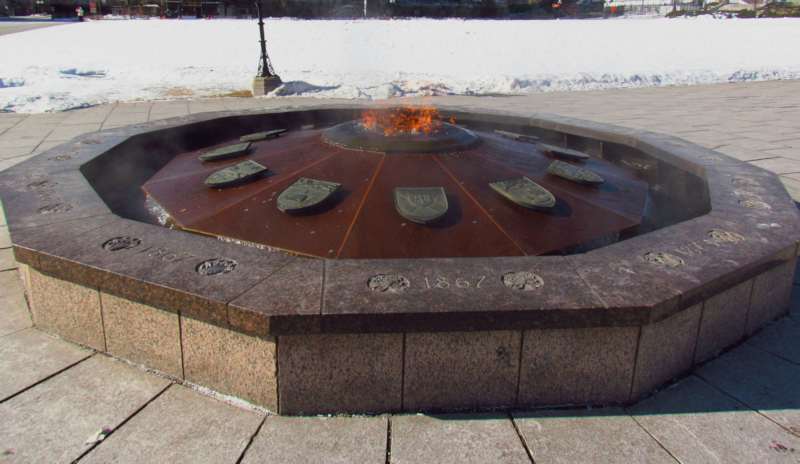Thus you shall keep
the people of Israel separate from their uncleanness, lest they die in their
uncleanness by defiling my tabernacle that is in their midst. (Vayikra /
Leviticus 15:31; ESV)
Reading this
verse makes me think, “How does this work?” God gave the people of Israel
particular directions to follow with regard to how they were to deal with
ritual uncleanness. Certain diseases, bodily emissions, and child birth
required people to perform set procedures in order to restore themselves to a
state of ritual purity.
I don’t tend to concern myself about how things work with regard to God and his directives. That God said these things resulted in defilement and told the people to follow his purification instructions should be good enough for us. After all, as God’s servants, our job is to obey him. Whether or not we understand how this sort of thing works is beside the point.
That said, forgive me for taking a bit of time to wonder why the possibility of defilement was so dangerous. Perhaps this will result in some valuable insights. So let’s see...
Some may suggest that what is going on here is the provision of effective health principles cloaked in spiritual terms. God’s directions had the people distancing themselves from others as well as washing themselves and any affected objects. Sounds like medically informed precautions and procedures to me. But is that what this is all about? Is the mention of God and things like sacrifice nothing more than coating around otherwise practical procedures to enable a superstitious ancient culture to swallow them?
This typical cynical lens through which much of the Bible is viewed by many modern thinkers isn’t intellectually honest. The same collection of writings that has blessed the world with its wisdom on health, as well as justice, government, and morality, also reveals truths about God and spiritual things. To dissect the Bible in order to separate its supposed unreasonable, illogical, superstitious, backward spiritual components from its progressive, wise, and effective practical ones fails to recognize how the practical aspects (that many like) arise from its spiritual foundation (that they don’t like)—not to mention how this approach provides no control over which practical aspects are to be accepted as valid and which are not. It all comes down to personal preferences being that which determine what to accept and what not to—an approach that the Bible certainly rejects.
The warning given by God regarding “uncleanness” is very serious. Failure to carefully follow God’s instructions would result in death. While history has shown that ignoring sound principles of hygiene and the like has devastated whole communities, that is not what is going on here. Death was the consequence of defiling the Mishkan (English: Tabernacle), the precursor to the Temple, where the sacrifices were offered. But how does the defiling of the Mishkan result in death?
I am not going to try to come up with a scientific answer, looking for technical physical connections of cause and effect. For the issue here is not found in the realms of physics, chemistry, or biology. It’s relational. God had determined to dwell among the people of Israel. Think about that for a second. The Master of the Universe took up residency on earth and gave regulations to his Chosen People on how to deal with ritual uncleanness. It was essential to follow these rules. To ignore them invited death.
If they followed God’s instructions, they need not worry. However, ritual uncleanness is a much greater problem than what is addressed in this context. God’s dwelling with the people placed them in a most precarious situation, since no nation, Israel included, could stay ritually clean. Death is not simply the result of acute ritual uncleanness as described in this week’s Torah reading portion. It is the result of the chronic uncleanness we all have been defiled with since the Garden of Eden. These rituals were designed to help us to see that. The greatest problems of the world are not the result of random, meaningless cause and effect. They are due to the ritual uncleanness of the human family who has defiled what was meant to be a holy and pure world where God lives.
This is why the Messiah came. He is the only one who, through his death and resurrection, provides us with the essential and lasting purity we need in order for God to fellowship with us. To neglect his offer of cleansing is to invite death. How does this work exactly? I still don’t know for sure; but it does.
